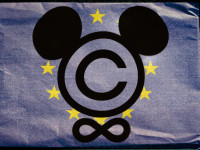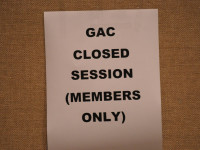Canadian privacy law has long been reliant on the principle of “reasonable expectation of privacy.” The principle is particularly important with respect to the Charter of Rights and Freedoms, as the Supreme Court of Canada has held that the right to be free from unreasonable search and seizure is grounded in a reasonable expectation of privacy in a free and democratic society.
The reasonable expectation of privacy standard provides a useful starting point for analysis, but the danger is that privacy rights can seemingly be lost with little more than a contractual provision indicating that the user has no privacy. Indeed, if privacy rights can disappear based on a sentence in a contract that few take the time to read (much less assess whether they are comfortable with), those rights stand on very shaky ground.
My weekly technology law column (Toronto Star version, homepage version) notes the limits of the reasonable expectation of privacy standard emerged in a recent British Columbia Court of Appeal case involving the search of a courier package that contained illegal drugs. The court rejected claims of an illegal search, concluding that the defendant had no reasonable expectation of privacy despite the fact that he had no commercial relationship with the courier company and had never agreed to, or even viewed, the terms of the contract.






![Red alert -[ HMM ]- by Carbon Arc CC BY-NC-SA 2.0 https://flic.kr/p/FgBkhR](https://www.michaelgeist.ca/wp-content/uploads/2024/10/25774555205_035a814280_k-100x75.jpg)


